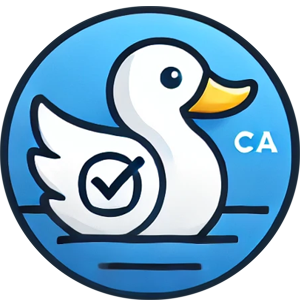Disability Representation in Media and Society
Whose Story Gets Told—and Who Tells It?
When you turn on the TV, scroll your feed, or read a headline, how often do you see people with disabilities as the main character, not just a plot twist? How many times is disability portrayed as a tragedy, a joke, or an “inspirational” side story, rather than an ordinary part of everyday life?
Representation matters. It shapes how we see ourselves—and how others see us. So why are so many stories still missing from the script?
From Stereotype to Spotlight
Historically, media has tended to reduce people with disabilities to stereotypes: the helpless victim, the “supercrip” hero who “overcomes,” the villain with a limp, or the inspiration for able-bodied characters. Not exactly a recipe for nuanced conversation.
But slowly, things are changing. More creators with lived experience are sharing their own stories—on screen, online, and behind the scenes. Authentic voices are making room for complexity: disability as diversity, not defect.
Visibility or Tokenism?
It’s one thing to see disability “represented.” It’s another for those portrayals to be real, nuanced, and, well, human.
Are we seeing more authentic stories, or just ticking boxes for inclusion?
Who’s writing the script—and who’s cast in the leading role? Are people with disabilities behind the camera, in the newsroom, or at the editing table? Or are their stories still filtered through someone else’s lens?
Society’s Mirror
Media doesn’t just reflect reality—it shapes it. When the only stories told are of hardship, pity, or superhuman achievement, it’s easy for the public to miss the everyday lives, challenges, and joys of people with disabilities.
These narrow stories can reinforce stereotypes, fuel stigma, and affect everything from hiring practices to public policy.
So, whose stories are we missing? And who’s deciding what gets told?
Beyond the Screen
Representation isn’t just about media. It’s about seeing people with disabilities as leaders, experts, neighbors, and friends—in boardrooms, classrooms, and Parliament, not just documentaries or commercials.
Should media organizations have targets for disability inclusion, on screen and behind the scenes?
How can we support creators with disabilities to tell their own stories?
What responsibility do advertisers, producers, and tech platforms have to amplify diverse voices?
Let’s Talk About It
If “nothing about us without us” is the goal, how close are we getting?
How does seeing (or not seeing) disability in media affect you, your community, or your worldview?
The conversation isn’t just about changing TV shows or ad campaigns. It’s about building a society where everyone belongs—on screen, online, and off.
Ready to add your story? The discussion starts here.
